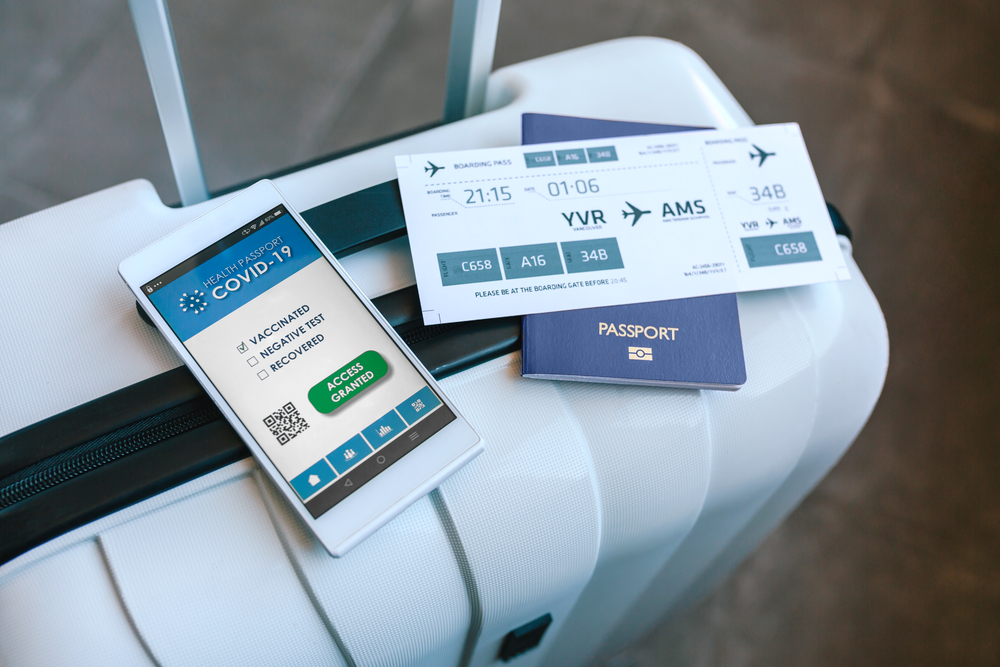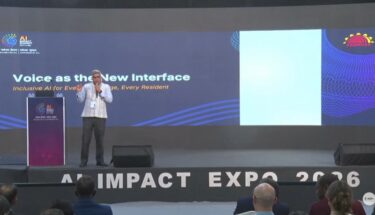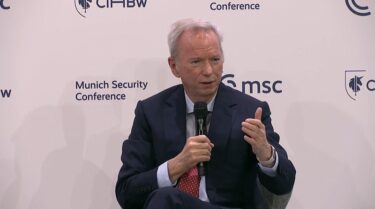Addressing concerns of privacy, data security, and consent, aviation industry leaders tell lawmakers that vaccine passports must be voluntary, time-limited, and focused only on COVID-19.
“A vaccine passport, if not mandatory, could be a tool that could be helpful to regaining confidence in air travel, but it must be temporary” — Sara Nelson, International President of the Association of Flight Attendants
“I am very concerned by the discussion of things like requiring negative COVID tests to book a flight or a vaccine passport as a condition of travel,” Senator Ted Cruz told the Senate Subcommittee on Aviation Safety, Operations and Innovation during his opening statement on Wednesday.
“Concerns have grown throughout the pandemic related to privacy, data security, disclosure of medical records, and what the permissible uses of confidential health information are,” he added.
With vaccine passports on the discussion block from the opening, the Senate subcommittee hearing entitled “Prepare for Takeoff: America’s Safe Return to Air Travel” brought together expert witnesses representing various fields of the aviation industry including:
- Charlene Reynolds, Assistant Aviation Director at the Phoenix Sky Harbor International Airport
- Nick Calio, President and CEO at Airlines for America (A4A)
- Sara Nelson, International President of the Association of Flight Attendants-CWA
- Dr. Leonard Marcus of the Harvard T.H. Chan School of Public Health
When asked by Senator Cruz if the expert witnesses could comment on the potential development of a vaccine passport and what impact it would have on the aviation industry, Nelson made it clear that she believed vaccine passports could help regain confidence in air travel, but that they should be voluntary and temporary.
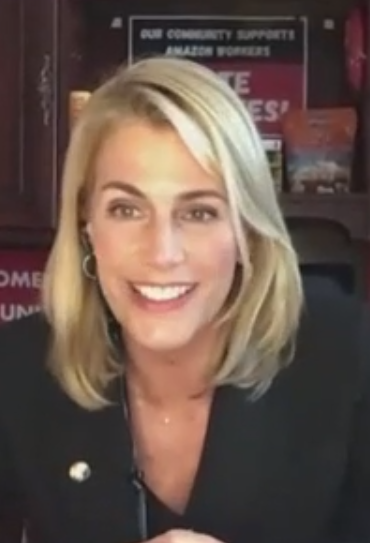
Sara Nelson
“A vaccine passport […] must be temporary, it must be focused on COVID-19, it must be voluntary” — Sara Nelson, International President of the Association of Flight Attendants
“A vaccine passport, if not mandatory, could be a tool that could be helpful to regaining confidence in air travel, but it must be temporary, it must be focused on COVID-19, it must be voluntary,” she said.
“And we just need to make sure that this is not a mandatory program that keeps certain people from being able to access air travel,” Nelson added.
Calio agreed with Nelson.
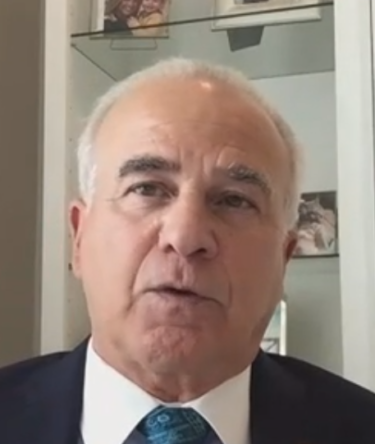
Nick Calio
“We support a digital health certificate […] This needs to be a voluntary program, it needs to be time-limited” — Nick Calio, President and CEO at Airlines for America
“We support a digital health certificate, so it’s uniform, and I can flash-up on my iPhone and show — to someplace or some country that has a requirement — that I have been vaccinated or tested of my own accord,” he said.
“Like Sara said, this needs to be a voluntary program, it needs to be time-limited, but if for someone who travels a lot, like I do, it could be a great convenience and ease my way of travel, and provide countries that are requiring these things an easier way to make sure that the information is verifiable.
“It also keeps my health information in my own hands,” Calio added.
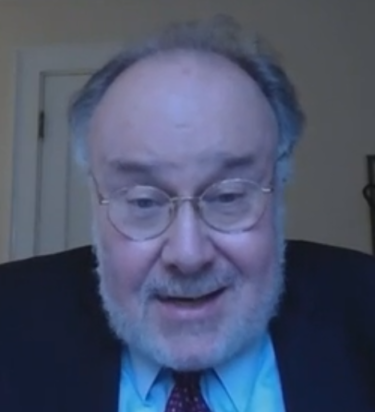
Dr. Leonard Marcus
“Combine those two measures — a vaccination or a negative test result for everyone — and it is possible for us to ensure that airplanes, airports, businesses, restaurants, and other public venues are close to COVID-free” — Dr. Leonard Marcus, Harvard T.H. Chan School of Public Health
For his part, Dr. Leonard Marcus of the Harvard T.H. Chan School of Public Health, told the subcommittee that everyone should get vaccinated and provide a way of proving that they did, whether it be a negative COVID-19 test or proof of vaccination.
“We are at the cusp of vaccinating a vast majority of our population,” said Dr. Marcus.
“I encourage everyone to get vaccinated, along with mechanisms to validate those who did.
“For the unwilling, we at the cusp of developing technology to make COVID testing readily available, cheap, quick, and reliable.
“Combine those two measures — a vaccination or a negative test result for everyone — and it is possible for us to ensure that airplanes, airports, businesses, restaurants, and other public venues are close to COVID-free,” he added.
While vaccine passports and other digital health certificates are being touted as a way of regaining confidence in air travel, there is still no evidence that COVID-19 vaccines prevent human-to-human transmission.
As such, the World Health Organization currently advises governments against issuing vaccine passports for international travel.
“COVID-19 vaccines tackle the disease and do not necessarily control transmission of SARS-CoV-2 virus directly” — Harvard Aviation Public Health Initiative
According to the newly-released Harvard Aviation Public Health Initiative Phase II report:
“COVID-19 vaccines tackle the disease and do not necessarily control transmission of SARS-CoV-2 virus directly. The influence of vaccine programs on transmission risk is currently being studied in detail.”
The report goes on to say in the very next paragraph that “mass vaccination of the global population will greatly reduce the risks of spreading the disease.”
With mass vaccination comes the desire to show mass digital proof.
According to the Harvard report, “Several organizations have developed smartphone application (app)-based technologies that could be used as a COVID-19 ‘passport.’”
“These technologies allow secure methods to confirm vaccine and/or testing history and any additional screening measures, such as a health declaration that may be required by the destination country.
“Each of these systems depends upon widespread adoption and, at this point, there is no indication that this will be the case. The real enabler for adoption of these systems is the definition of a standard and its mutual recognition; the same is true for testing,” the Harvard report concluded
In a previous hearing last March, A4A president Calio told lawmakers that his organization was working to make digital health passports workable and easy on passengers.
Speaking during a World Economic Forum virtual panel earlier this month, Global Blockchain Business Council CEO Sandra Ro said that she hoped vaccine passports would drive forced consensus, standardization, and global cooperation surrounding digital identity schemes.



